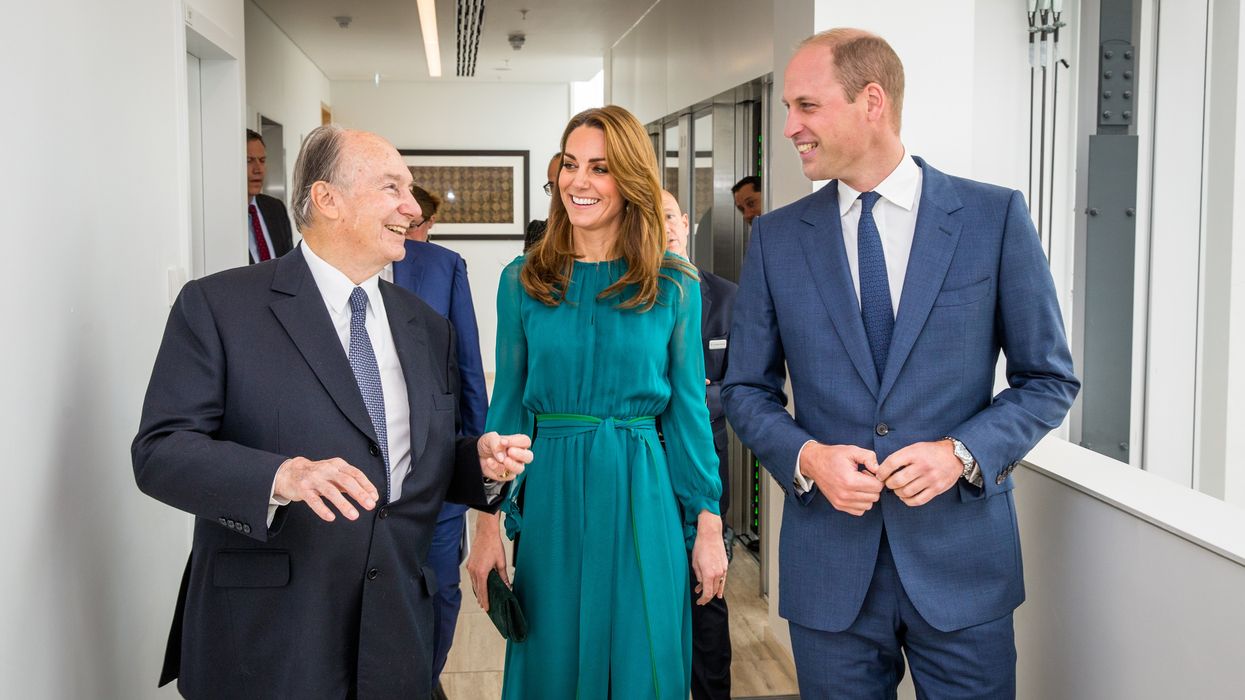The campaigning for the third phase of India's elections concluded amidst intense exchanges between the BJP-led NDA and the opposition's INDIA bloc.
This crucial phase covers 92 Lok Sabha (lower house of parliament) seats across 11 states and union territories, marking a significant battleground for both sides.
The BJP, buoyed by its resounding victory in 2019, is eager to maintain its dominance in these constituencies.
Prime minister Narendra Modi, the BJP's top campaigner, launched a scathing attack on the Congress, challenging its stance on reservations.
Modi's fervent rhetoric resonated with the party's core message, as he called upon the Congress to clarify its position on the allocation of quotas for Scheduled Castes, Scheduled Tribes, and Other Backward Classes.
In his address, Modi emphasised, "We don't have children. We are working for your children," underscoring the BJP's commitment to future generations.
In response, the Congress, led by stalwarts like Mallikarjun Kharge, Rahul Gandhi, and Priyanka Gandhi Vadra, mounted a vigorous defence of its policies. Kharge, in particular, focused on issues of social justice, unemployment, and alleged injustices faced by farmers.
He underscored the party's commitment to addressing these pressing concerns, promising a comprehensive overhaul if voted to power. Rahul Gandhi reiterated the Congress's pledge to conduct a caste census and economic survey, signalling its dedication to data-driven governance.
Meanwhile, the BJP found itself embroiled in controversy over allegations of sexual harassment against Prajwal Revanna, a JD(S) leader allied with the BJP.
This development prompted sharp criticism from opposition quarters, with Congress leaders seizing the opportunity to target the ruling party. Congress's Priyanka Gandhi Vadra condemned the BJP's handling of the matter, calling for swift action against the accused.
Amit Shah, a prominent BJP leader and the Home Minister of the country, defended the party's stance, questioning the delay in the Karnataka government's response to the allegations. Shah's defence underscored the BJP's commitment to maintaining its integrity amidst mounting opposition pressure.
As the campaign intensified, both sides traded barbs on a range of issues, from national security to economic policies.
The BJP's emphasis on development schemes and national unity contrasted sharply with the opposition's focus on citizenship rights and employment opportunities.
Over 1300 candidates, including around 120 women, are in the fray. Among the bigwigs are Union ministers Amit Shah (Gandhinagar), Jyotiraditya Scindia (Guna), Mansukh Mandaviya (Porbandar), Parshottam Rupala (Rajkot), Pralhad Joshi (Dharwad) and SP Singh Baghel (Agra).
Former Madhya Pradesh chief ministers Shivraj Singh Chouhan (Vidisha) and Digvijaya Singh (Rajgarh) have also returned to the Lok Sabha electoral fray this time.
The fate of former Karnataka chief minister Basavaraj Bommai (Haveri) and Badruddin Ajmal (Dhubri) will also be decided on 7 May.
Spanning six weeks, the massive India elections have 968 million eligible voters, making it the largest democratic vote in the world. These polls are unfolding over seven phases from 19 April to 1 June, and the final results will be announced on 4 June.
(PTI)




















